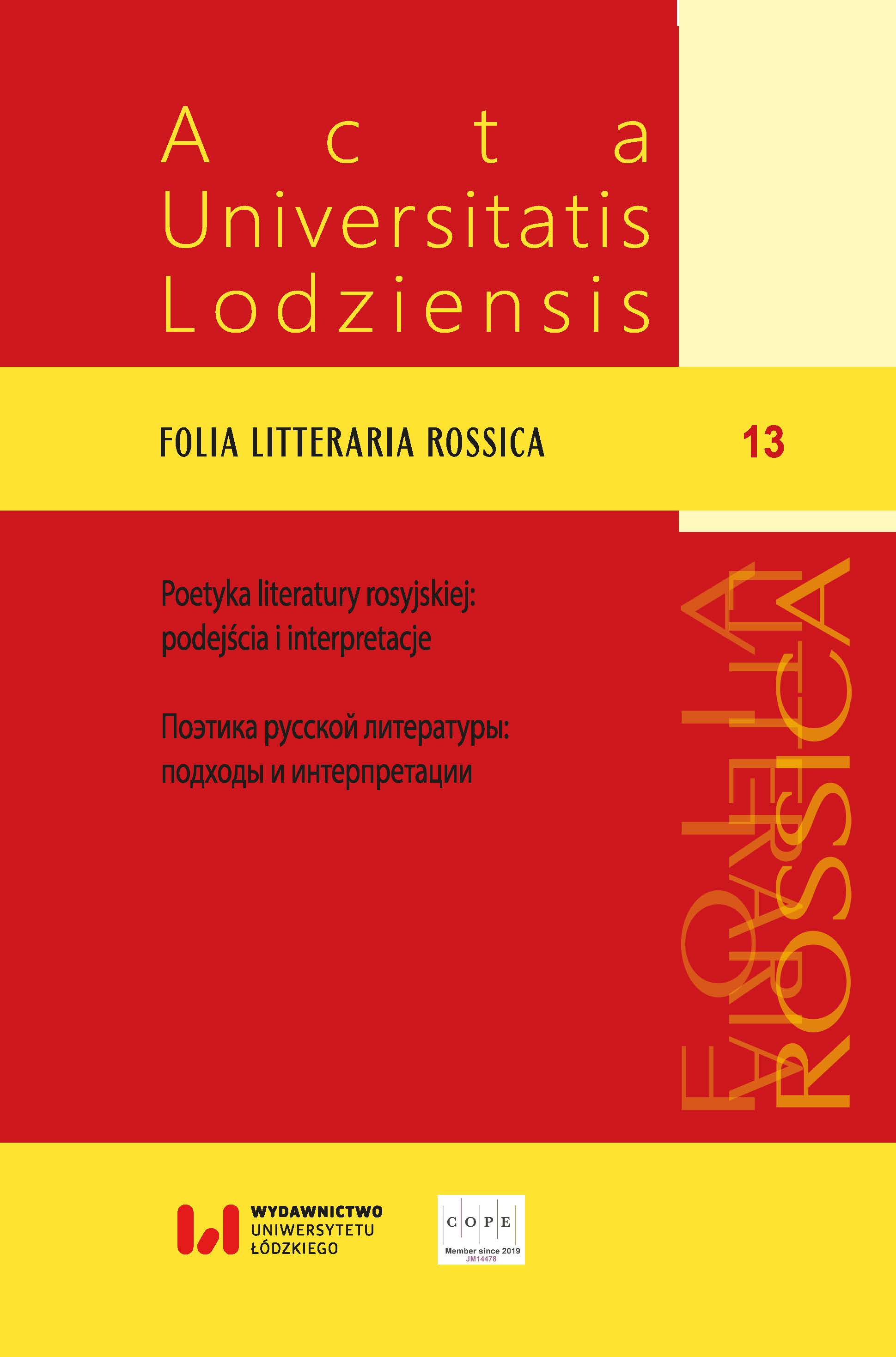
Acta Universitatis Lodziensis. Folia Litteraria Rossica
Yazarlar: ["Paulina Sikora Krizhevska"]
Konular:-
DOI:10.18778/1427-9681.15.03
Anahtar Kelimeler:Verbatim technique,Documentary drama,Documentary theatre,Modern Russian drama,Teatr.doc
Özet: The start of the third decade of the 21st century marks twenty years of the existence of the verbatim technique in the Russian dramatic space. This article describes the history and specificity of the Russian verbatim theatre, as well as different ways of using and adapting this technique in the plays of the authors associated, permanently or occasionally, with the Moscow-based Teatr.doc. Using the example of texts such as Nord-Ost: Forty-First Day (2002) by journalist and theatre critic Grigory Zaslavsky, New Antigone (2017) by journalist Elena Kostyuchenko, and 67/871 (2017) by dramatist Elena Gremina, it can be concluded that the main differences between verbatim plays are primarily related to the degree of the author’s processing of documentary material. Nord-Ost: Forty-First Day is a transcript of the event that took place in the Teatr.doc, a literal recording of the statements of their participants; New Antigone – the montage of fragments of transcripts of the trials, conversations, life stories of the heroines, and quotes from Sophocles’ Antigone; 67/871 – a montage of fragments of the characters’ monologues united into thematic blocks, quotes from statements from Adolf Hitler and Heinrich Himmler, and letters from a German soldier. The variety of ways to create verbatim texts influences the expansion of the boundaries of the concept of “play” and indicates that the traditional sequence of the emergence of a dramatic text and its theatrical embodiment has lost its relevance.